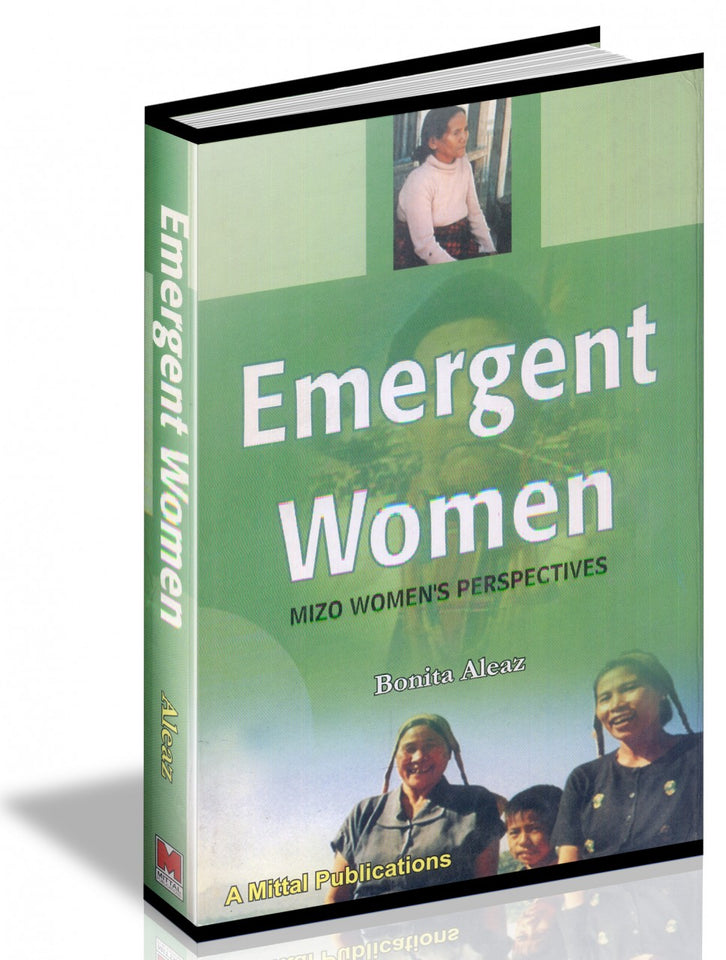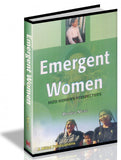Emergent Women
Regular price
Rs. 350.00
The work addresses a question which is gaining in significance today, as women in different contexts try to access the public sphere. Do conventional notions of access/non-access in the public sphere apply to all women, in all situations? Or, are there alternative dominating spheres, which encompass the conventional public sphere as well. The question gains greater relevance if one wishes to explore the situation of women, who have made extremely rapid strides in their own societal contexts. In attempting to find answers, empirical research in combination with the historical-comparative method was used for an analysis to explore the modernization process in the north-eastern State of Mizoram. The specific objective was to view the perceptions of the women themselves about the emergent situation, not only what kind of change they desired but also how far the women were willing to go for ascertaining legitimate/desired access in society? The feminists? concern with the voice of the women becomes the man theme. In the case of the Mizo women, by applying relevant questions, one wishes to unravel if possible, the existence, if at all, of such voices. The common inquiry procedure of the social sciences often relegates the connotation of the female voice into ?demands?. But the latter is narrow in its scope, devoid of context or experience compared to one which looks at a social context where social status and power are combined with reproductive biology to shape the experience. When believe these voices differ in form and content from one location to the other. If so, it becomes all the more relevant in the Mizo case, where contemporary research on women is very marginal indeed, to pose the question, what is the nature of the voice the women use and is it radically very different from that which has been already voiced by others elsewhere?
Bonita Aleaz teaches Political Science in Calcutta University. Her academic interest in Women’s issue and community studies in general has produced a number of empirical works. Her ongoing research is on Muslim Identity in West Bengal in the Contemporary period. She has written papers which address the multidimensional areas of operation of Indian women. Her other works include, Struggles of Indian Federalism and Ethnicity. Nations and Minorities, the latter one co-edited by her.
Guaranteed Safe Checkout





